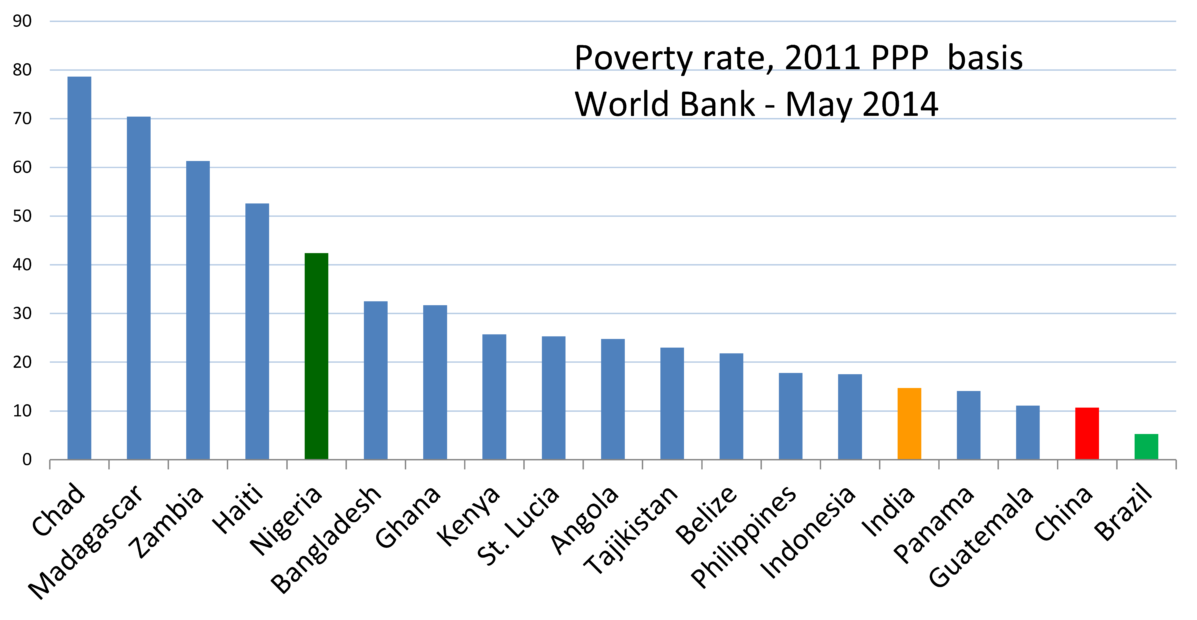October 31, 2019
Categories: Ayiti Now Corp, Infrastructure, Poverty, Restavek
Tags: fafo, housing, sanitation, stats
Researchers have determined the following: 60.3 percent of child domestic workers live in rural areas, 39.7 percent of child domestic workers live in urban areas. 62 percent of all respondents said was that Restavek homes are Kay bas. Notably, this was the most common answer. Specifically, Kay bas implies a concrete home with a […]
August 5, 2019
Categories: Infrastructure, Poverty, Recipients, Resources, Restavek, Technology
In Haiti, many poor rural families hoping to provide a better future for their children send them to live as domestic servants in the homes of urban / semi-urban families. These children, mostly girls are extremely vulnerable to emotional, physical, and sexual abuse. These children are known as Restavek. 1,617 children were chosen and surveyed […]
April 27, 2016
Categories: Economy, Infrastructure, Poverty
Tags: IMF, land, migration, poverty, rural, World Bank
Poverty in Haiti: The country of Haiti has almost always been classified as the poorest country in the Western hemisphere, and has experienced a stagnation or even decline in Gross Domestic Product (GDP) since it achieved independence. Today, Haiti is run by a transitional government assisted by an international stabilization force to address the country’s manifold problems. One such is […]
January 16, 2016
Categories: Economy, Elections, History, Human Rights, Infrastructure, Medicine and Health, Politics, United States
Tags:
The entire Haiti Under President Martelly Current-122015. Below, I have listed extrapolated parts that interested me. Political conflict embroiled Aristide and the opposition, however, and led to the collapse of his government in 2004, and Aristide again went into exile, (? forced by the US ?) eventually ending up in South Africa. Some 17% of the country’s […]
May 15, 2015
Categories: Access, Infrastructure
Tags: education policy, nonprofit education
Needless to say that if primary and secondary education was similarly privatized in the industrialized world we would experience higher illiteracy rates. Access to education and quality education in a sovereign nation are the result of political and fiscal policy. See on Scoop.it – Ayiti Now Corp


